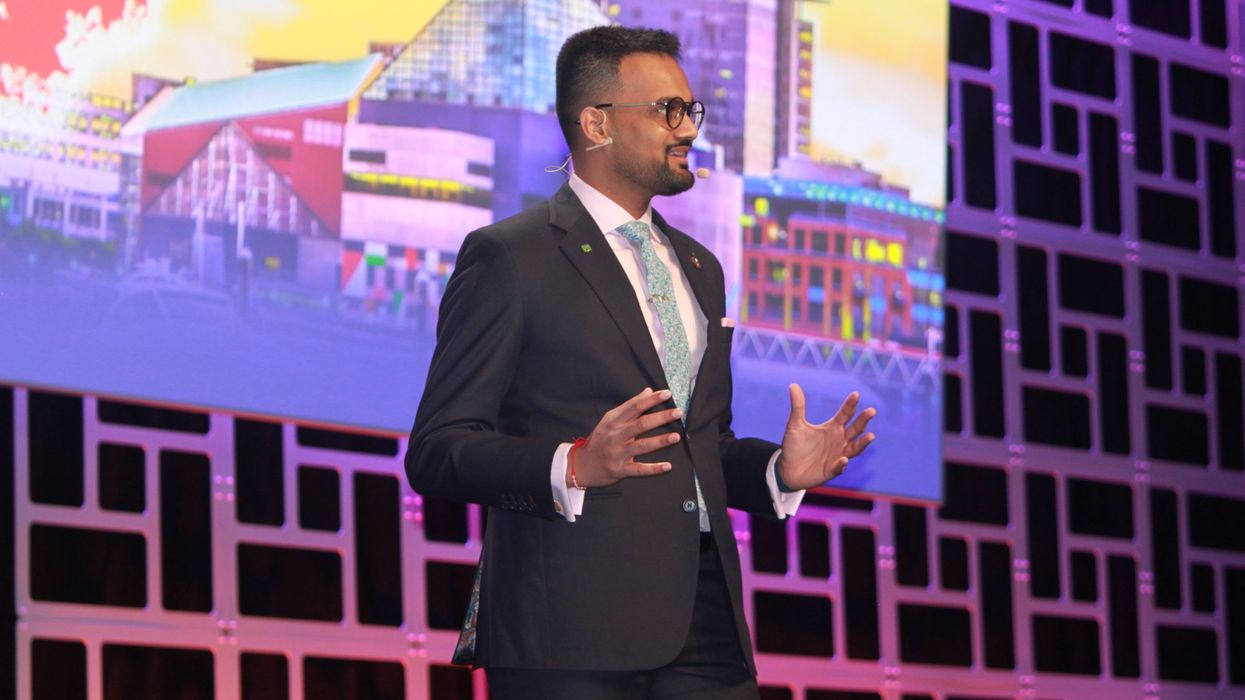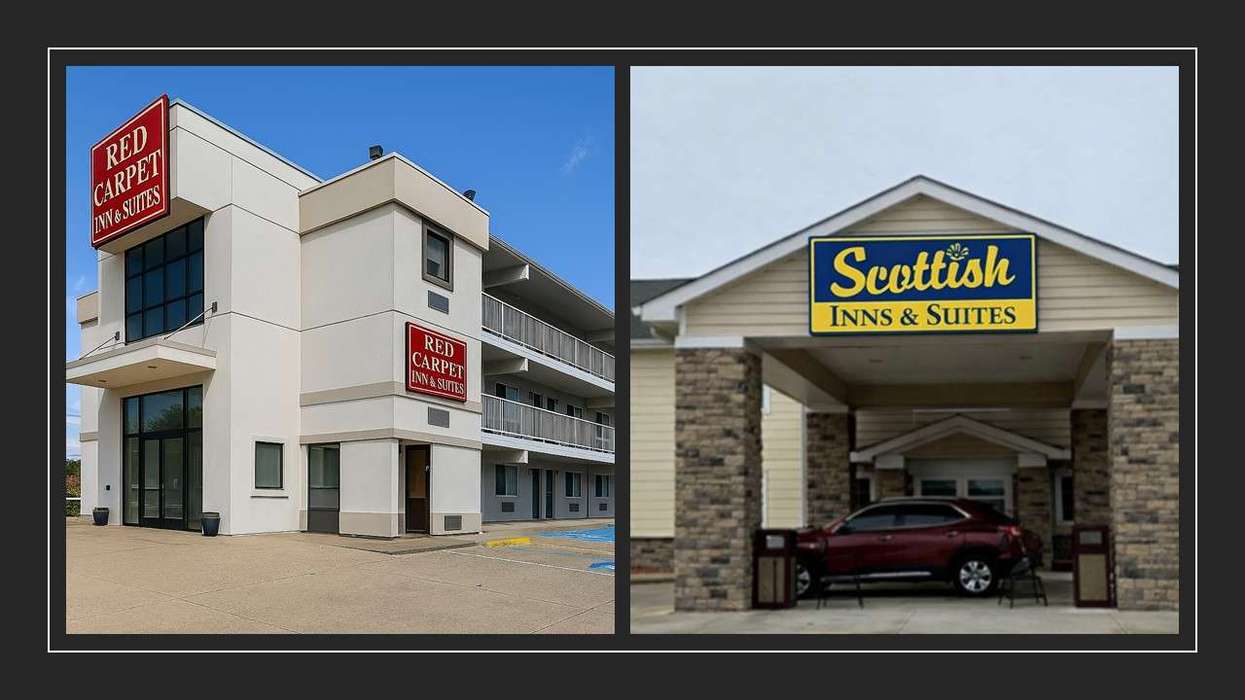NISHANT “NEAL” PATEL assumed the chairmanship of AAHOA Friday as the culmination of the association’s 2022 Convention & Trade Show in Baltimore, Maryland. More than 5,000 people attended the show, during which new officers also were elected, certain members were recognized for their service and face-to-face networking came back into style.
This year’s show came with less time after last year's, which was held in August due to delays from the COVID-19 pandemic. That time difference for planning was not as bad as it may seem, said Vinay Patel, outgoing AAHOA chairman, in a press conference before the show.
“We start planning this convention way in advance. So yeah, our gap may be eight months from convention to convention, but this convention probably started literally in June, July or January of last year, so that time frame is still there,” Vinay said. “There are always things, you pivot all the time. Especially in today's world of the pandemic. But, I think at the end of the day, the team has done a phenomenal job in putting everything together.”
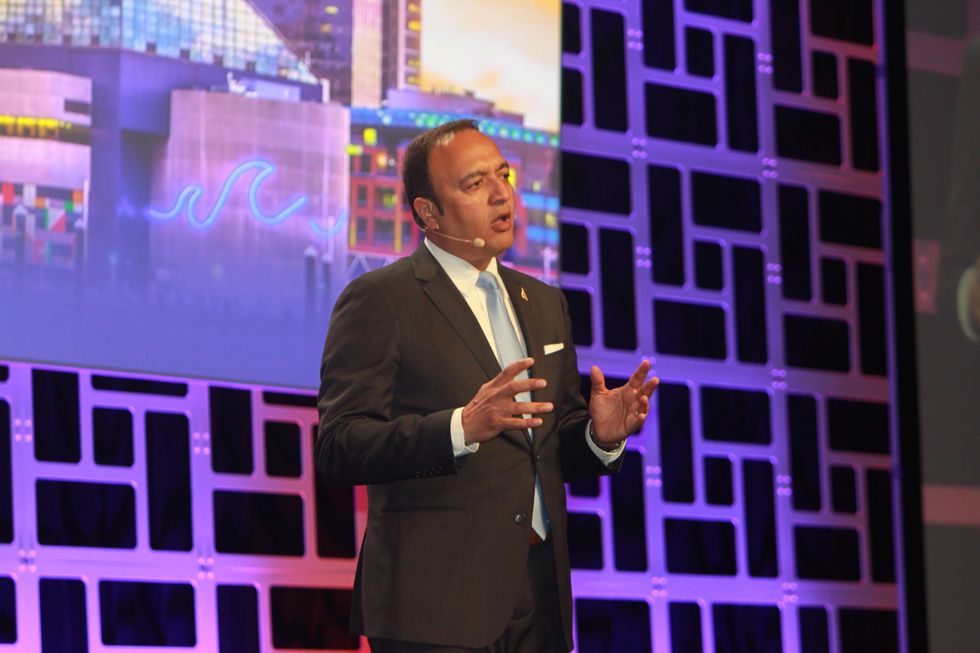
Neal Patel also said the planning for the show wasn’t easy.
“In January when we came here, we weren't certain if we could pull this off. And it wasn't because of our team,” Neal said. “Our team was on it 100 percent. But then it was also the local government and the state of Maryland, where, because of COVID, they were limiting the number of people that can be in one room and so on. And at that time, there was so much uncertainty. But I'm glad everything worked out. I mean, you're here and who would've thought that we have more than 6,000 attendees.”
Appreciating what you have
In the first general session, Neal opened up about his background and family history leading to his involvement in hospitality, starting with their move from Surat, India. It was this background that gave him his appreciation for the services AAHOA provides, he said.
“Nearly two decades ago, my family left everything we've ever known to start a new life in Mississippi. Like a majority of us here, they were in search of the American dream. My parents wanted to create a better life for their children, and leave a legacy that generations to come,” Neal said. “We had humble beginnings. We didn't have a lot of resources as we began the entrepreneurial journey at the time, and we had a lot to learn.”
AAHOA changed that situation for him. Neal became an AAHOA member in 2012 and soon volunteered to serve as an AAHOA ambassador. He joined AAHOA’s board of directors in 2016 after being elected as the young professional director Western Division, a position he held for three years.
“If you ever wondered to what extent AAHOA serves its membership, I am the perfect example,” Neal said. “My parents didn't have the opportunity to have AAHOA as a resource. But thankfully, when I took over the family business, AAHOA was there for me as I navigated the hospitality industry. Nearly 20 years later, I myself am a hotel owner, and soon to be chairman of AAHOA, which was founded two years before I was born.”
Neal lives in Austin, Texas, and is the managing partner of Blue Chip Hotels, which owns and operates multiple branded and independent hotels with more than 1,200 rooms in several states.
“My parents always told me that if you don’t try, you won’t succeed. If you talk too much, you’re not learning,” he said. “As I step into my new role, my focus is on our members and serving them well. Going forward, I will be the facilitator to make things happen.”
Beginning the march toward chairmanship
Also during AAHOACON2022, members elected Kamalesh “KP” Patel of Santa Cruz, California, as the new AAHOA secretary. That begins his march toward the chairmanship as he rotates through the other board positions of treasurer then vice chairman.
Current secretary Miraj Patel will now serve as treasurer and Bharat Patel is now vice chairman.
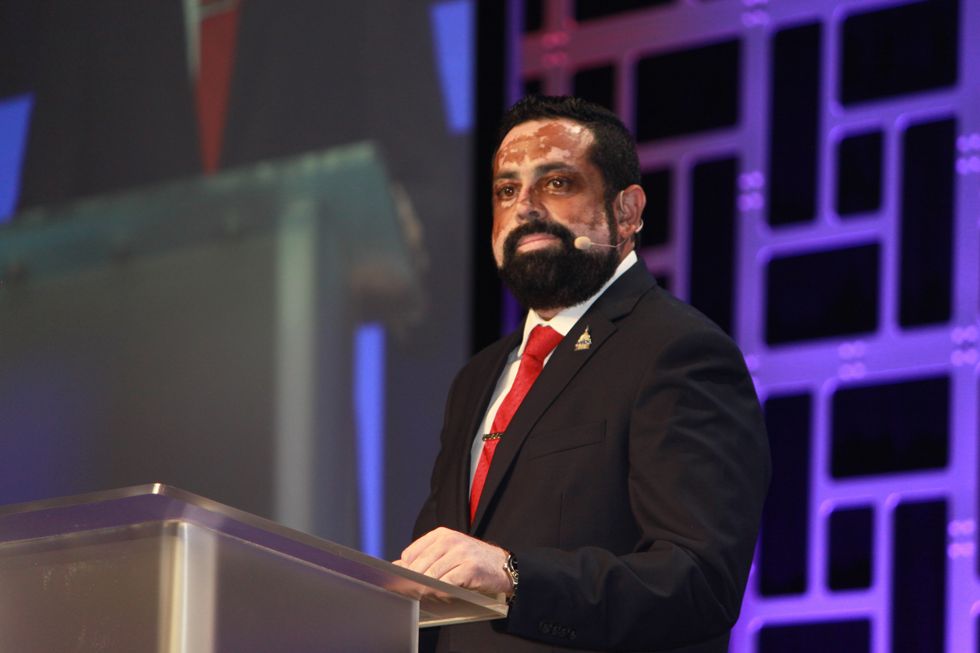
“This industry, we've put way too much into it. Failure is simply not an option,” KP said during the secretary candidates’ debate during the third day of the conference. “I will focus on demanding that each and every brand implement AAHOA’S 12 points of Fair Franchising. Our industry needs an overhaul and that starts now. No more unnecessary mandates that take away from our bottom line just to grow theirs. No more brand expansion, stop making us compete with each other. And no more kickbacks that double and triple costs. It stops today.”
KP is the CEO of Aarav Hospitality and AKS Hospitality.
Also elected to positions on the board of directors were:
- Alabama Regional Director: Sanjay Patel
- Central Midwest Regional Director: Arti Patel
- North Carolina Regional Director: Pinkesh Patel
- Northeast Regional Director: Preyas Patel
- Northwest Regional Director: Taran Patel
- Upper Midwest Regional Director: Kalpesh Joshi
- Washington DC Area Regional Director: Deepak Patel
- Director at Large Eastern Division: Pinal Patel
- Director at Large Western Division: Hitesh Patel
- Young Professional Director – Western Division: Tanmay Patel
“I’m thrilled to welcome our new AAHOA secretary and all of our newly elected board members. Over the last 30 years, our volunteer leaders have worked tirelessly to make AAHOA a leading hotel association in the U.S. and advocate for initiatives that help the hospitality industry thrive,” Neal said. “As we continue on this road to recovery, it is encouraging to see so many members rising to the occasion and serving America’s hotel owners.”
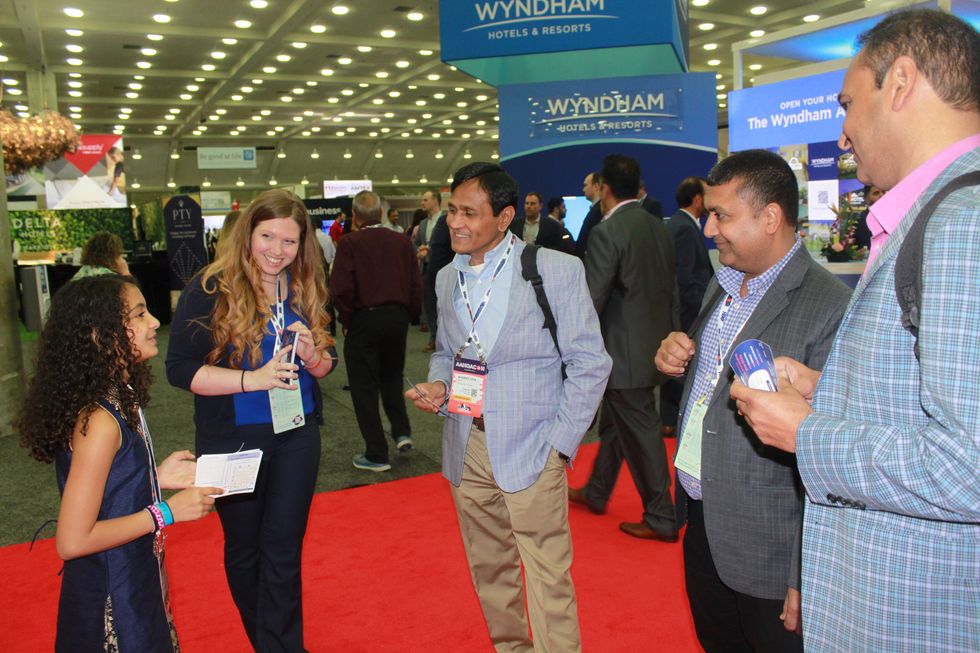
Award winners honored
Several awards also were presented during the conferences. The 2022 award winners are:
- AAHOA Award of Excellence: Vimal Patel, president and CEO of QHotels Management in LaPlace, Louisiana, and AAHOA ambassador for the Gulf Region.
- Cecil B. Day Community Service Award: Manhar “MP” Rama, CEO of Sima Hospitality and AAHOA past chairman for 2005 to 2006.
- Outreach Award for Philanthropy: Babu Patel with Trustmark Park Hospitality
- Outstanding Young Professional Hoteliers of the Year Award: Armaan Patel with AGA Hotels and Taran Patel, managing principal with A1 Hospitality Group and AAHOA ambassador for the Northwest Region.
“This year’s AAHOA award recipients are movers and shakers in their communities and have gone above and beyond to enhance the hotel guest experience,” Vinay Patel said. “The hospitality industry has changed over the years, especially throughout the pandemic. Despite that, these individuals have been forward-thinking and proactive in their contributions to hospitality. Congratulations to every award recipient; your commitment to excellence is what sets you apart from the rest.”
